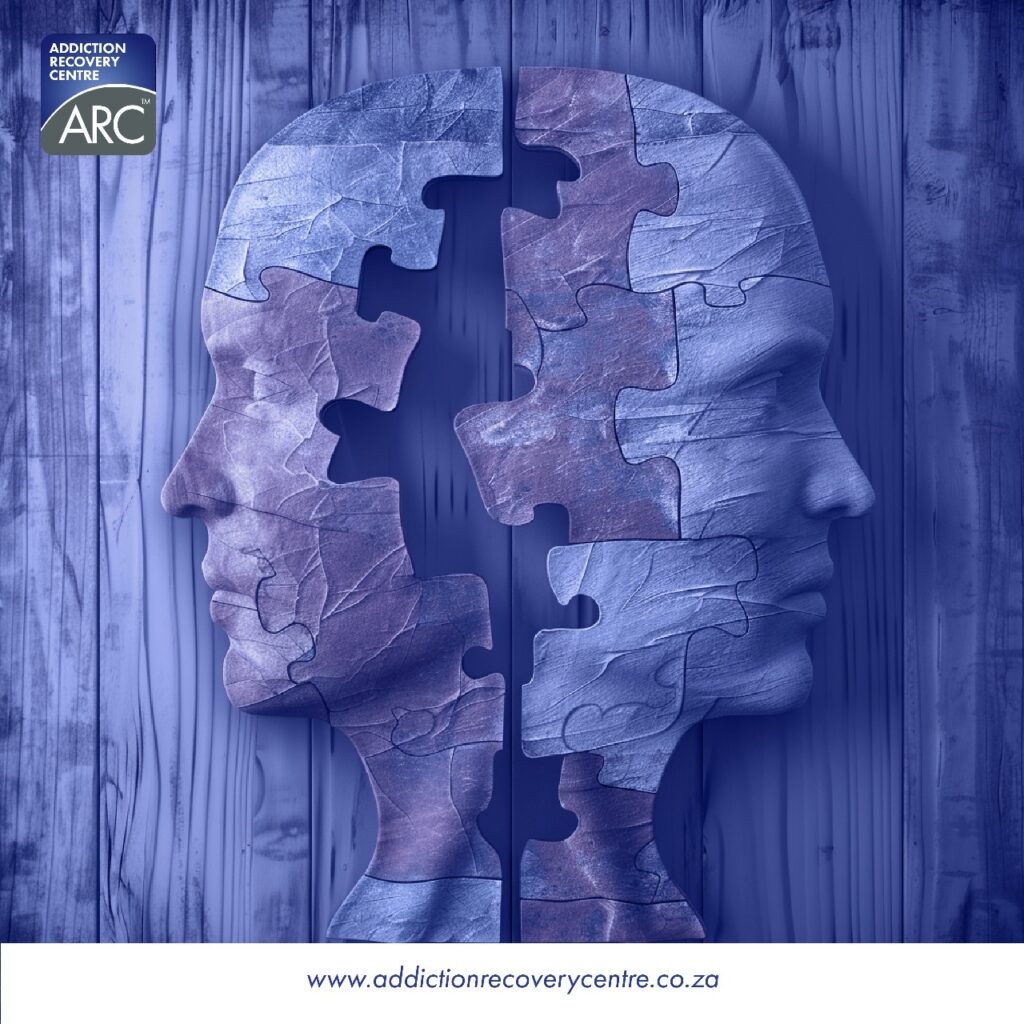
What Services Do Drug Treatment Centres Offer?
Drug treatment centers offer a variety of essential services to help you overcome substance abuse. These include medical detoxification to manage withdrawal, individual and group therapy for emotional support and introspection, and behavioral interventions to address harmful habits. Aftercare programs provide ongoing support to maintain sobriety. Specialized treatment options are also available to tailor care to your specific needs. Explore these services further, and you’ll discover more about the path to recovery.
Medical Detoxification Services
When you or a loved one decides to seek help for substance abuse, understanding medical detoxification services is important. Medical detoxification is the first step in recovery, focusing on safely managing withdrawal symptoms as substances leave the body. Trained medical professionals monitor your essential signs and provide necessary medications to ease discomfort and reduce risks. This process typically takes place in a controlled environment, ensuring safety and comfort. You’ll receive personalized care tailored to your specific needs, which can greatly impact your recovery journey. It’s important to engage with a facility that offers thorough support throughout this phase. Remember, detox is just the beginning; it sets the foundation for long-term recovery and healing. Additionally, a multidisciplinary team is essential for ensuring comprehensive care during the detoxification process.
Individual and Group Therapy
While steering the path to recovery, individual and group therapy play essential roles in addressing the psychological aspects of substance abuse. In individual therapy, you’ll work one-on-one with a trained therapist who helps you explore your thoughts, feelings, and behaviors related to addiction. This personalized approach allows for deep introspection and tailored strategies for your unique situation.
Group therapy, on the other hand, offers a supportive environment where you can share experiences and learn from others facing similar challenges. You’ll gain insights, build connections, and develop coping skills together. Both therapy types foster accountability, encourage self-reflection, and promote healing, ensuring you feel understood and supported throughout your recovery journey. Embracing these therapies can greatly enhance your chances of long-term success.
Behavioral Interventions
Behavioral interventions serve as an important component in drug treatment centres, as they help you identify and modify the behaviors that contribute to substance abuse. These interventions focus on practical strategies to change negative patterns and develop healthier coping skills. You’ll engage in various techniques, like cognitive-behavioral therapy (CBT), which teaches you how to recognize harmful thoughts and replace them with positive ones. Role-playing and motivational interviewing are also common, encouraging you to explore your motivations and enhance your commitment to sobriety. By participating in these interventions, you’ll gain valuable insights into your behavior and learn how to manage triggers more effectively. Overall, these strategies are essential for lasting recovery and personal growth throughout your journey.
Aftercare and Support Programs
After completing a drug treatment program, continuing support through aftercare and support programs is essential for maintaining your sobriety. These programs help you shift back into daily life while offering the tools and resources needed to avoid relapse. You’ll find various options, such as group therapy sessions, individual counseling, and peer support meetings, all designed to keep you accountable and motivated.
Additionally, aftercare programs often include life skills training, which can help you manage stress, improve relationships, and deal with triggers effectively. Staying connected with a supportive community is vital. Remember, recovery is a journey, and having a solid aftercare plan can make all the difference in achieving long-term success and well-being.
Specialized Treatment Options
When you seek help for substance use, specialized treatment options can make a significant difference in your recovery journey. Many drug treatment centers offer tailored programs to address specific needs, such as dual diagnosis for co-occurring mental health issues, trauma-informed care, or gender-specific therapy. You might benefit from holistic approaches, integrating yoga, meditation, or art therapy alongside traditional methods. Family therapy can also be essential, helping to mend relationships while involving loved ones in your healing process. Each option aims to empower you, equipping you with coping strategies and support. By choosing a specialized program, you’re more likely to find the right fit for your unique situation, enhancing your chances for a successful, lasting recovery.
Frequently Asked Questions
What Are the Costs Associated With Drug Treatment Centres?
The costs associated with drug treatment centres vary widely. You might encounter expenses for admission fees, therapy sessions, medication, and aftercare. Insurance often helps, but it’s crucial to check coverage before committing to treatment.
How Long Does Treatment Typically Last at These Centres?
Treatment typically lasts anywhere from 30 days to several months, depending on individual needs and the program. You’ll find that longer stays often lead to better outcomes, so consider what works best for you.
Are Family Members Allowed to Participate in Therapy Sessions?
Yes, family members are often allowed to participate in therapy sessions at drug treatment centres. Their involvement can enhance support, improve communication, and strengthen relationships, which is vital for your recovery journey and healing process.
What Qualifications Do the Staff Members at Treatment Centres Have?
Staff members at treatment centers typically hold qualifications like degrees in psychology, social work, or nursing. Many also have specialized training in addiction counseling, ensuring they’re well-equipped to support you through your recovery journey.
Can Patients Continue Working While Undergoing Treatment?
Yes, you can often continue working while undergoing treatment. Many programs offer flexible schedules to accommodate your job. It’s important to communicate with your employer and treatment team to manage both effectively.
Drug treatment centers provide a range of essential services to support your recovery journey. From medical detoxification to individual and group therapy, they’re equipped to address your unique needs. With behavioral interventions and specialized treatment options, you’ll find the tools necessary for lasting change. Aftercare and support programs guarantee you’re not alone as you shift back to everyday life. Embracing these services can lead you toward a healthier, drug-free future.
